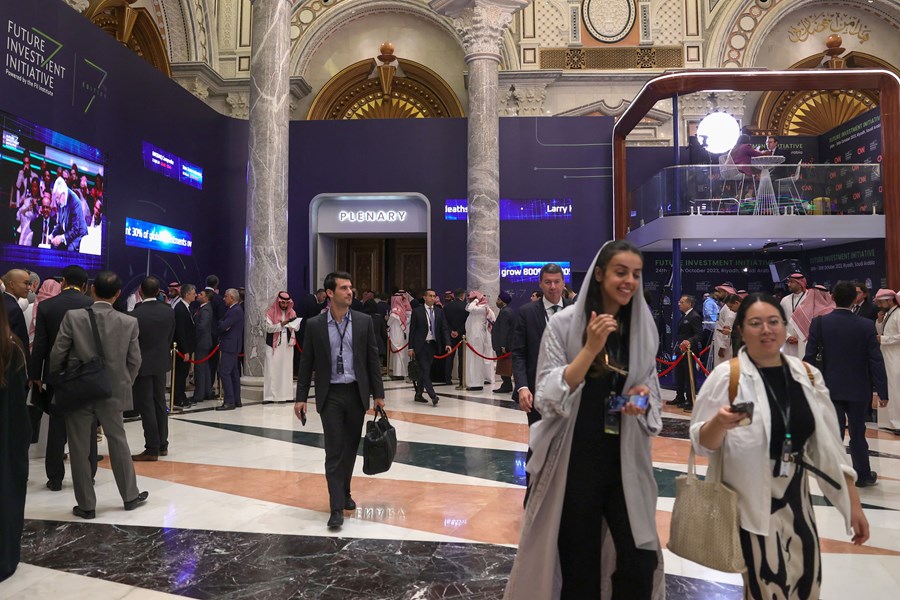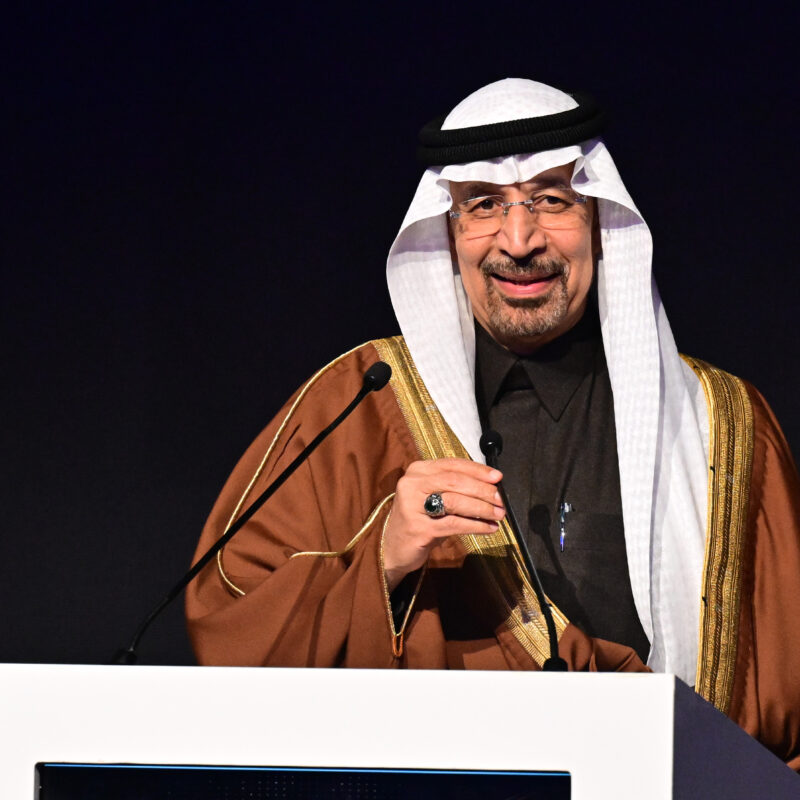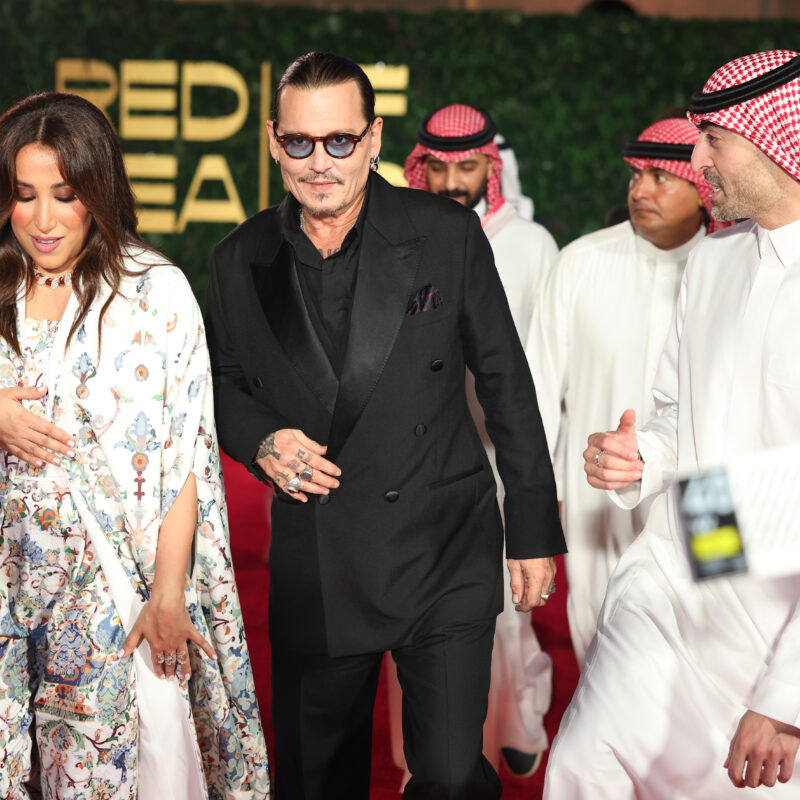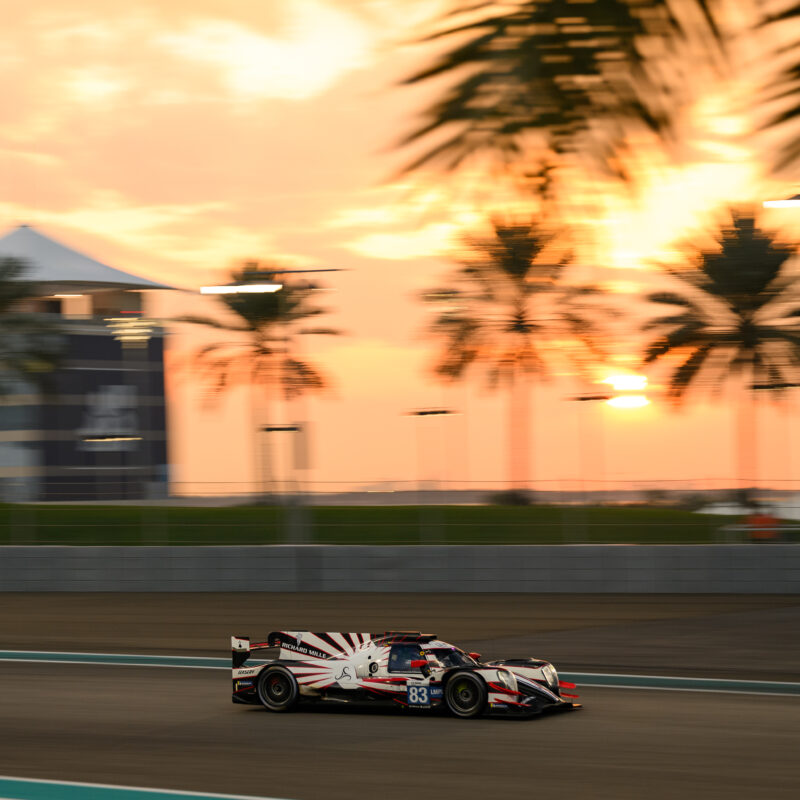
Fayez Nureldine/AFP via Getty Images
Wall Street meets royal court at Saudi business summit
Future Investment Initiative brings 6,000 investors, business leaders and economic policy gurus to Riyadh to ponder the world’s financial challenges
RIYADH, Saudi Arabia – The captains of Wall Street met the princes of Saudi Arabia today at the kingdom’s annual gathering of the financial elite.
Speakers on stage at the King Abdulaziz International Conference Center fielded questions on conflict in Europe and the Middle East, high interest rates, low growth and technological upheaval. Front and center was Saudi Arabia’s place in global markets.
“I believe many of the challenges” in current world economic conditions such as high interest rates “actually play to our strengths,” Saudi Minister of Investment Khalid al Falih said in the Future Investment Initiative conference’s morning session.
The kingdom’s $760 billion sovereign wealth fund has launched 90 new companies since 2017, beginning its investment spree with a mandate from Crown Prince Mohamed Bin Salman’s Vision 2030 economic transformation plan, which he introduced to the world investor class at the first FII conference seven years ago. Today, the Public Investment Fund is overseeing the development of the mega-project NEOM as well as major investments into alternative energy, aviation, telecoms. Forays into e-gaming and pro soccer and golf have grabbed headlines around the world.
Prince Mohammed, known internationally as MBS, sat beside South Korean President Yoon Suk Leol in ringside seats at the conference – which was arranged as a theater in the round – but he made no public comments.
In a panel discussion, Wall Street leaders were largely negative on the global economic outlook. Jamie Dimon, chairman and CEO of JP Morgan Chase, pushed for continued normalization among Arab countries and Israel as he called the economic transformation within the kingdom “so good”.
Stephen Schwarzman, CEO of Blackstone, the largest alternative investment firm in the world, said he’s seeing a dramatic increase in investing amid a slow-growth environment: “We have probably a quarter of the trillion we manage from retail, high net worth investors. I think that’s going to grow.”
The U.S. Federal Reserve is “having a pretty good impact of taking inflation out of the system,” he added, noting that of the 250 companies in its portfolio, cost of production was flat quarter-on-quarter.
Larry Fink, chairman and CEO of BlackRock, acknowledged the recent terrorist attacks in Israel, and was more pessimistic, predicting the Fed will have to continue to hike interest rates: “This reminds me of the Seventiess…. The Seventies was all about bad policy and today is all about bad policy again.”
Citi’s CEO Jane Fraser was also cautious. “We’re sitting here with a backdrop of the terrorist attack in Israel and the events that have unfolded since, and it’s desperately sad,” she said. “So it’s hard not to be a little pessimistic.
“There is a new S in ESG which is security, be it food security, energy security, it could be defense, or financial security,” she said, referring to recent emphasis on environmental, social and governance values in investing “That’s certainly a theme for all CEOs around the world – how to build more resilient companies and countries.”
Ajay Banga, president of the World Bank, summed up the general tenor when he said the world economy is at a “dangerous juncture.”


